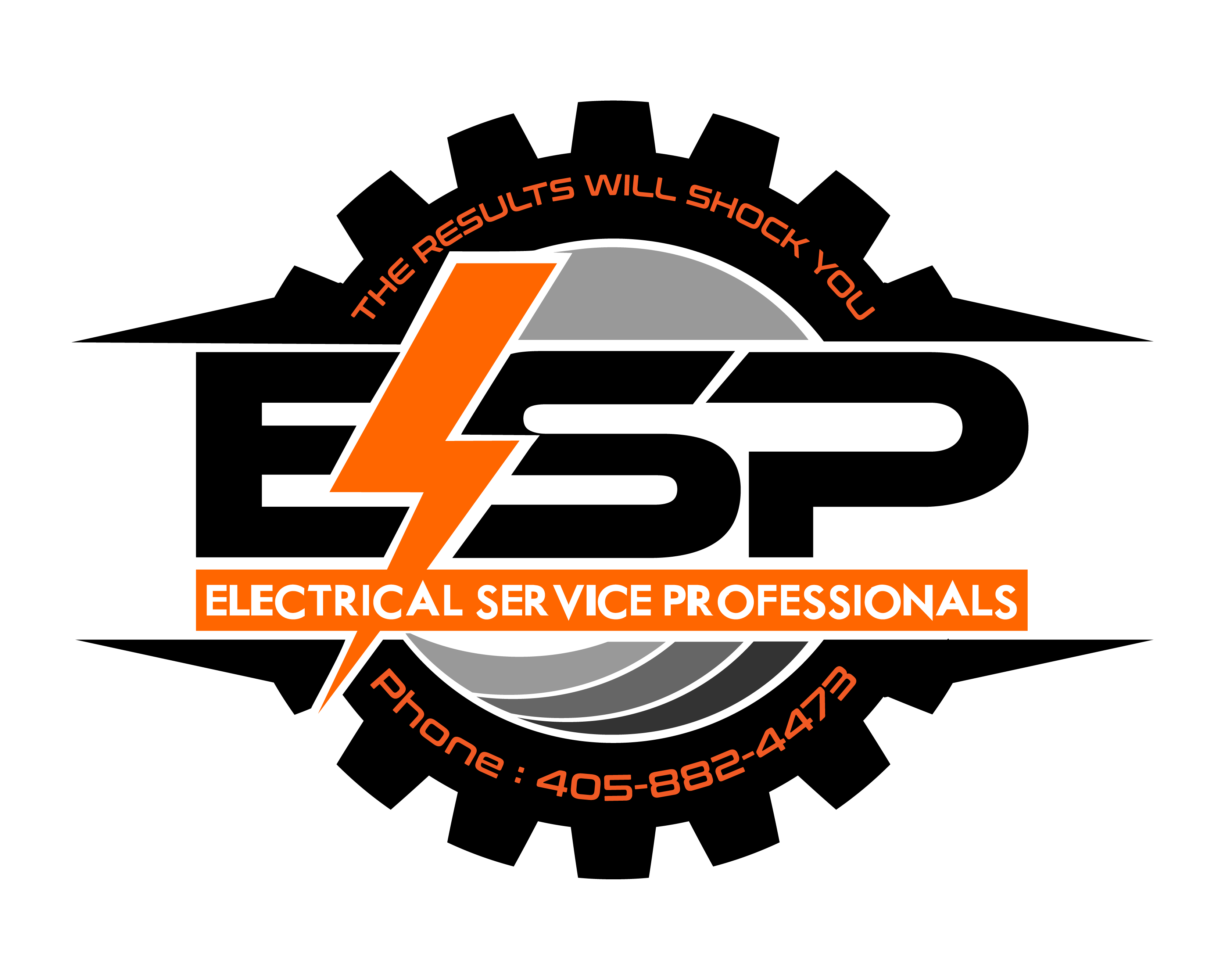Top 10 Most Asked Electrical Questions
At Electrical Service Professionals, we understand that electrical issues can be confusing and sometimes even dangerous. To help you better understand your electrical system, we’ve compiled answers to the top 10 most frequently asked electrical questions.
1. What’s the Difference Between a Fuse and a Circuit Breaker?
Both protect your electrical system from overloads. Fuses melt when overloaded and must be replaced, while circuit breakers trip and can be reset.
2. What Is a Short Circuit?
A short circuit happens when a live wire touches a neutral or ground wire, causing a surge of electricity that can lead to overheating or fire hazards.
3. Why Do My Circuit Breakers Keep Tripping?
Breakers trip due to overloaded circuits, short circuits, or ground faults. If the issue persists, it’s best to consult a professional.
4. What Is a GFCI Outlet and Where Is It Required?
A Ground Fault Circuit Interrupter (GFCI) outlet protects against electrical shock by shutting off power when it detects an imbalance. These outlets are required in bathrooms, kitchens, garages, and outdoor areas.
5. Why Aren’t My Bathroom or Kitchen Outlets Working?
This is often due to a tripped GFCI outlet. Try pressing the “reset” button on the outlet. If that doesn’t work, call an electrician.
6. How Much Does It Cost to Upgrade My Electrical Service?
The cost varies based on amperage and local labor rates but typically ranges from $800 to $3,000. We can provide a detailed estimate based on your needs.
7. What Is the Difference Between Earth (Ground) and Neutral Wires?
The neutral wire carries current back to the power source, while the ground wire provides a safe path for excess electricity in case of a fault.
8. Why Is the Earth Pin on a Plug Longer and Thicker?
The earth pin ensures the device is grounded before power connections are made, improving safety.
9. What Are the Disadvantages of a Low Power Factor?
A low power factor increases energy costs and can lead to higher utility charges. Improving it can boost system efficiency and reduce expenses.
10. Which Is More Dangerous: AC or DC Shock?
AC shocks are generally more hazardous due to their ability to cause muscle contractions, making it harder to release the source of the shock.
Need Electrical Help? Contact Us Today!
Electrical issues can be complex and hazardous. If you’re experiencing any of these problems or need professional guidance, Electrical Service Professionals is here to help.
✔ Expert electricians with over 29 years of experience
✔ Family-owned and operated
✔ Licensed Generac and Clean Energy dealer
✔ Specializing in medical, commercial, retail, restaurant, and government electrical work
We Are Here To Help
Have Questions? We’re Here to Help!
Looking for more information or need assistance? We’re happy to help! Whether you have a question, need expert advice, or want to discuss your vision, we’re here to listen and collaborate.
Reach out today—we can’t wait to connect with you!
Contact us
12444 NW 10th ST STE 202 #152 Yukon, OK 73099
Write to us
information@espros.org
Call us
+405.882.4473

ESP is an Oklahoma- based, family-owned, woman-led, full-service electrical enterprise that provides outstanding residential, commercial, and industrial electrical services throughout Oklahoma.
OK License #056923, OK License Roofing #800006329
Mon-Fri: 24 Hours | Saturday – Sunday: 1PM – 5PM
(405)882-4473
Mailing: 12444 NW 10th ST. STE 202 #152 Yukon, OK 73099
